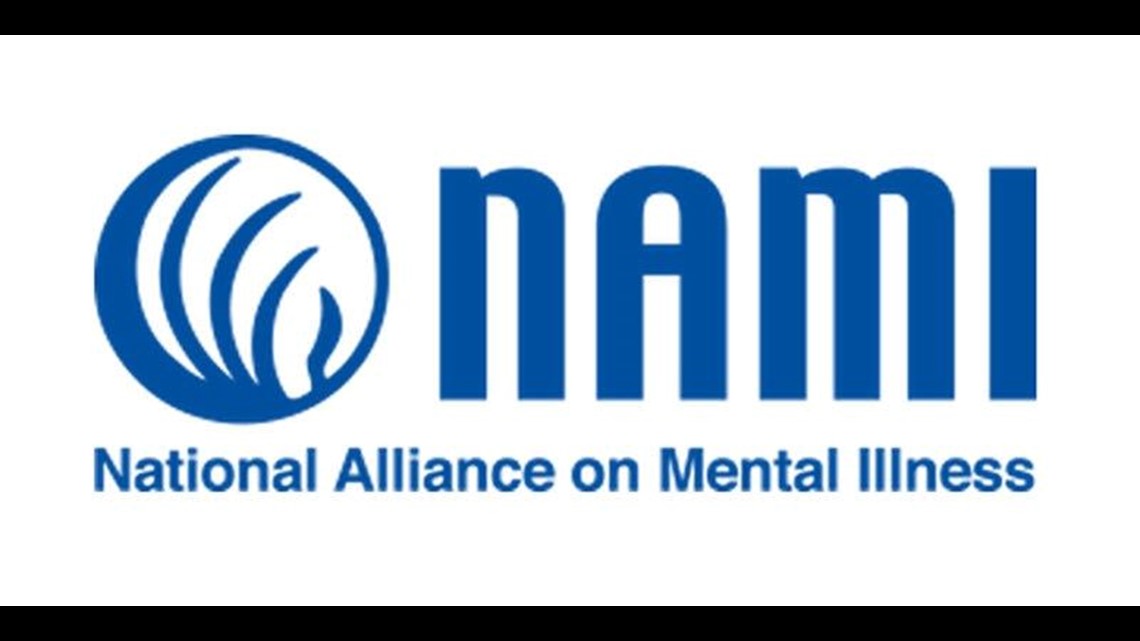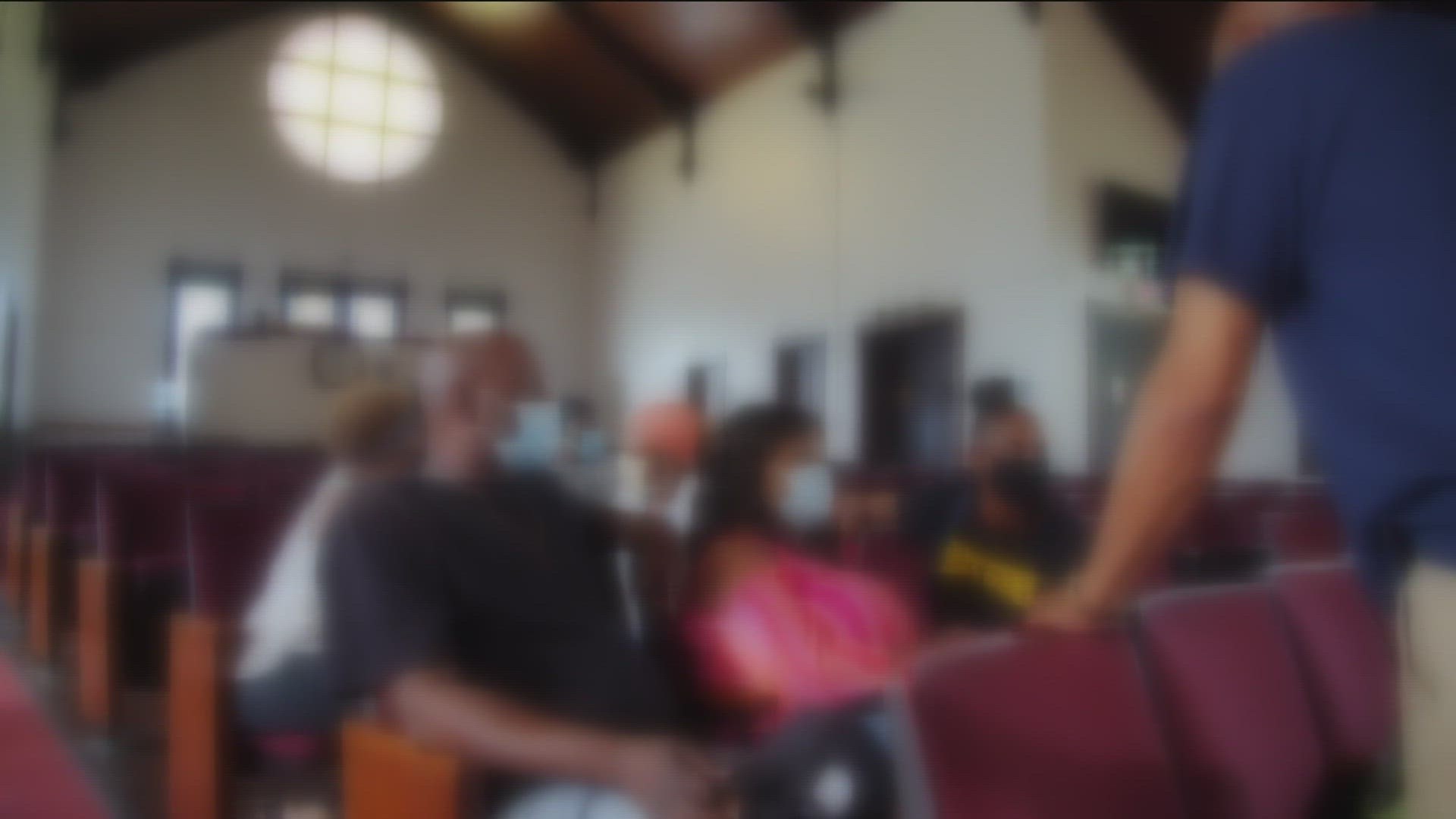TOLEDO, Ohio — Studies by the U.S. Centers for Disease Control and Prevention have found that untreated mental health issues are contributing to suicide being one of the leading causes of death in the United States. CDC data shows suicide numbers have risen by more than 2% nationally between 2021 and 2022.
Earlean "Queen Cookie" Belcher lost her grandson to suicide. She said mental health disorders, when combined with religious stigmas, stop many in the Black community from getting help.
"I've been told, 'Did I know that people that take their lives go to hell?' So when people hear that, if they're in depression, they don't reach out," Belcher said.
Belcher wants society to remove those stigmas. She said it could be monumentally helpful to all.
Sonya Quinn, a community outreach coordinator with the National Alliance on Mental Illness, agreed. Quinn said that another important step in the process of getting help is admitting when you need help.
"It's okay not to be okay," Quinn said. "We have to break down the reality of mental health, of suicide, in the Black community."


While the CDC reports that the suicide rates of Black Americans are far slimmer than their white counterparts, Quinn said it is still not zero.
Belcher said the cultural stigmas definitely do not help.
"Especially in the African American community, because we've always been told — at least, I'll speak for myself — I've been told growing up that you pray about it: 'You pray this away, God's gonna take care of this,'" Belcher said.
NAMI Executive Director Marriah Kornowa said this juncture of faith and mental illness is where NAMI steps in. The organization is about supporting all forms of treatment, not just one over another.
"We need to honor the validity that faith provides as a treatment source. but combining that with mental health treatment is really important," Kornowa said.
"We need to have the faith in ourselves, if you will, to understand that it's okay," Quinn said. "It's okay if I see a therapist."
Overall, according to data from NAMI, 1 in 5 Americans live with a mental illness.
NAMI's support programs like "Question, Persuade, and Refer" help faith leaders know what to say and how to help.
"Nobody has to carry the weight of other people's pain. We cannot fix people," Kornowa said. "Our job is to say, "we care and help is out there. Let's go find it together.'"
All three agreed that the goal of having these conversations about mental health is to let everyone know, they're not alone.
"We need to start teaching our children at home it's okay to cry, it's okay for men to cry, it's okay for us to be angry, it's okay to say 'no,'" Quinn said.
February's Mental Health Faith Council will be partnering with the Lucas County Suicide Prevention Coalition to offer QPR Gatekeeper Training on Thursday, Feb. 8, from 10 a.m. to noon at the NAMI of Greater Toledo office building, located at 4334 Secor Road.
For more information, click here.
Mental Health Resources
The national 988 Lifeline provides free and confidential support for anyone in distress and resources for anyone who may need help. By dialing 988, you can be connected with a local crisis center 24/7 for help. You can also chat online at 988lifeline.org.
The Lucas County Emotional Support Line is available at 419-442-0580 from 8 a.m. to midnight and offers peer support.
If you want to talk to someone and are not in immediate danger, Text "HOME" to 741741 to be connected to the Crisis Text Line and a trained counselor. There is no charge and the information will not show up on your phone bill. You can also chat online at www.crisistextline.org.
If you are a young member of the LGBTQ+ community and need help in any way, call the Trevor Project at 1-866-488-7386. Calls made to the Trevor Project are free and kept confidential.
Emergency Mental Health Support
The Lucas County CRISISCare line is available at 419-904-2273 to connect with a local, trained crisis counselor to discuss a mental health emergency 24/7.
The Wood County Crisis Line offers immediate assistance by calling 419-502-4673.
If a situation involves immediate danger to you or a loved one, NAMI Greater Toledo says calling 911 and talking with police may be necessary. It is important to tell 911 that it is a psychiatric emergency and ask for police officers trained in crisis intervention.
MORE ON WTOL 11:

